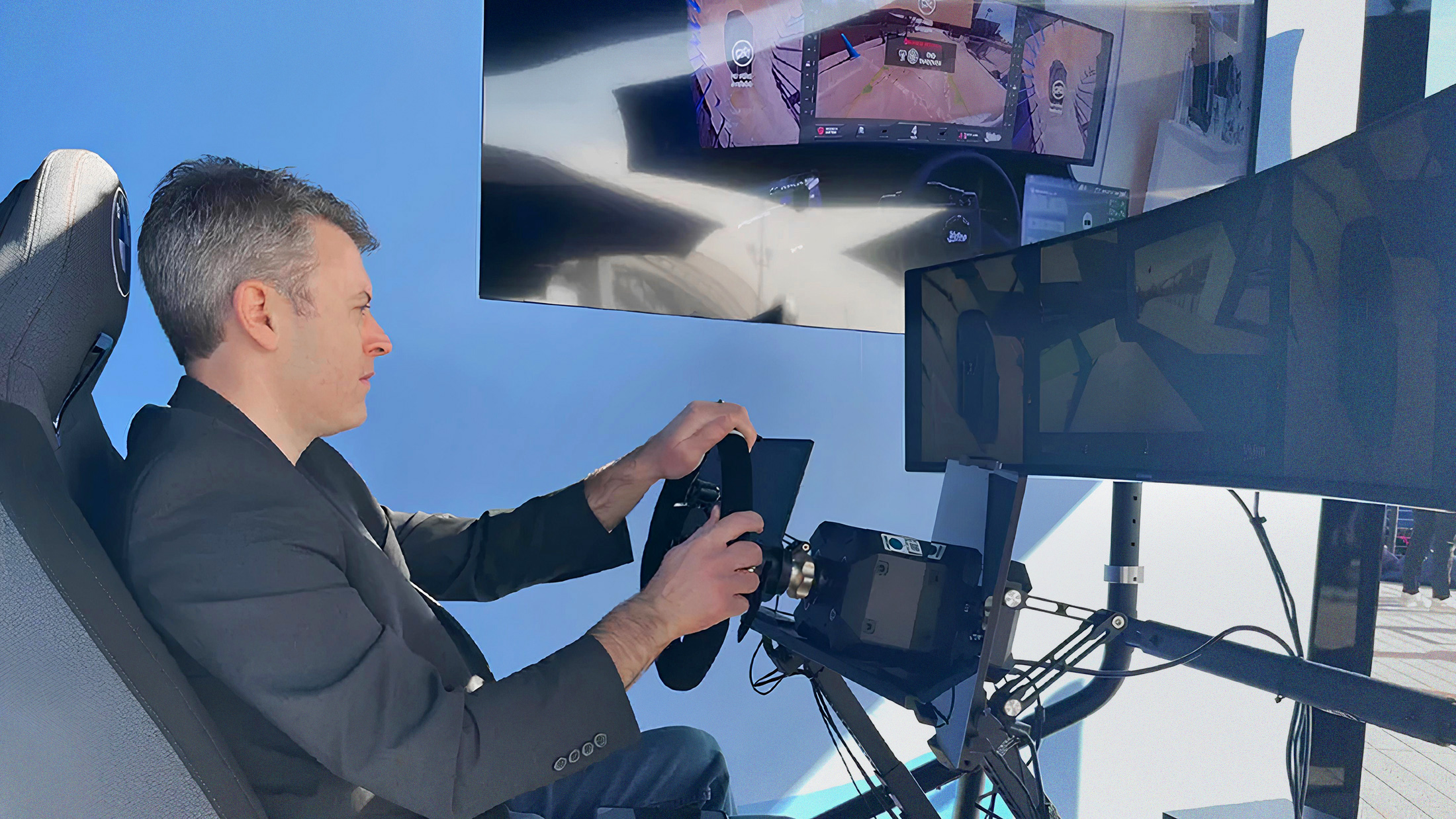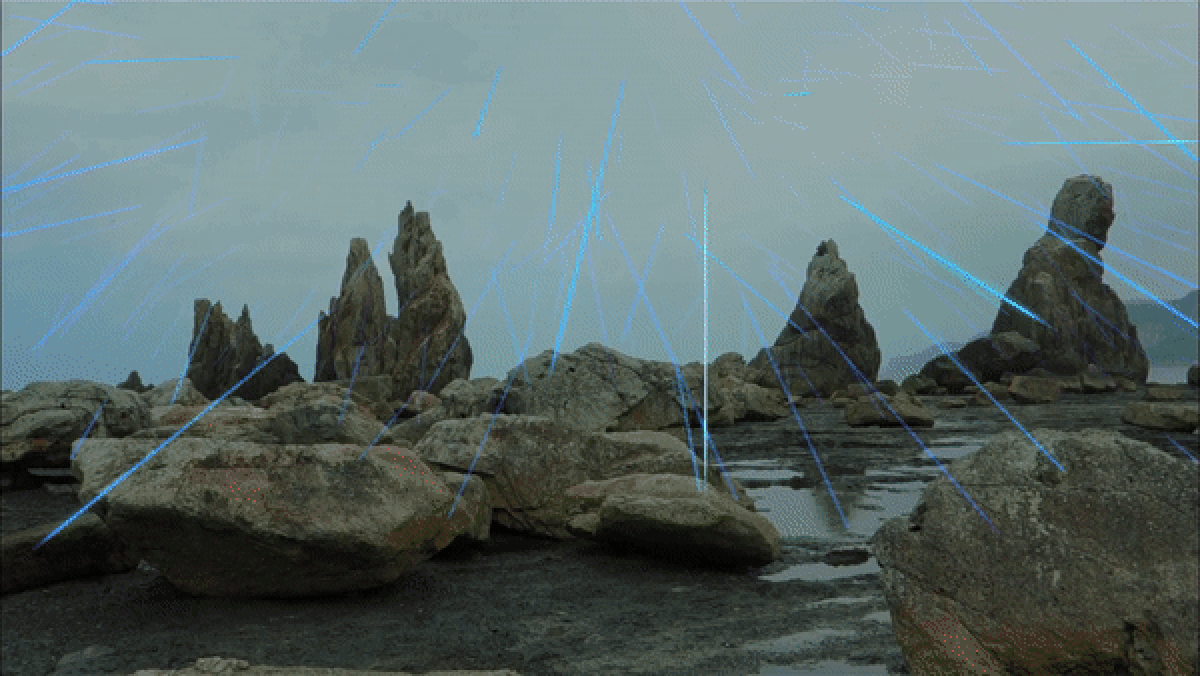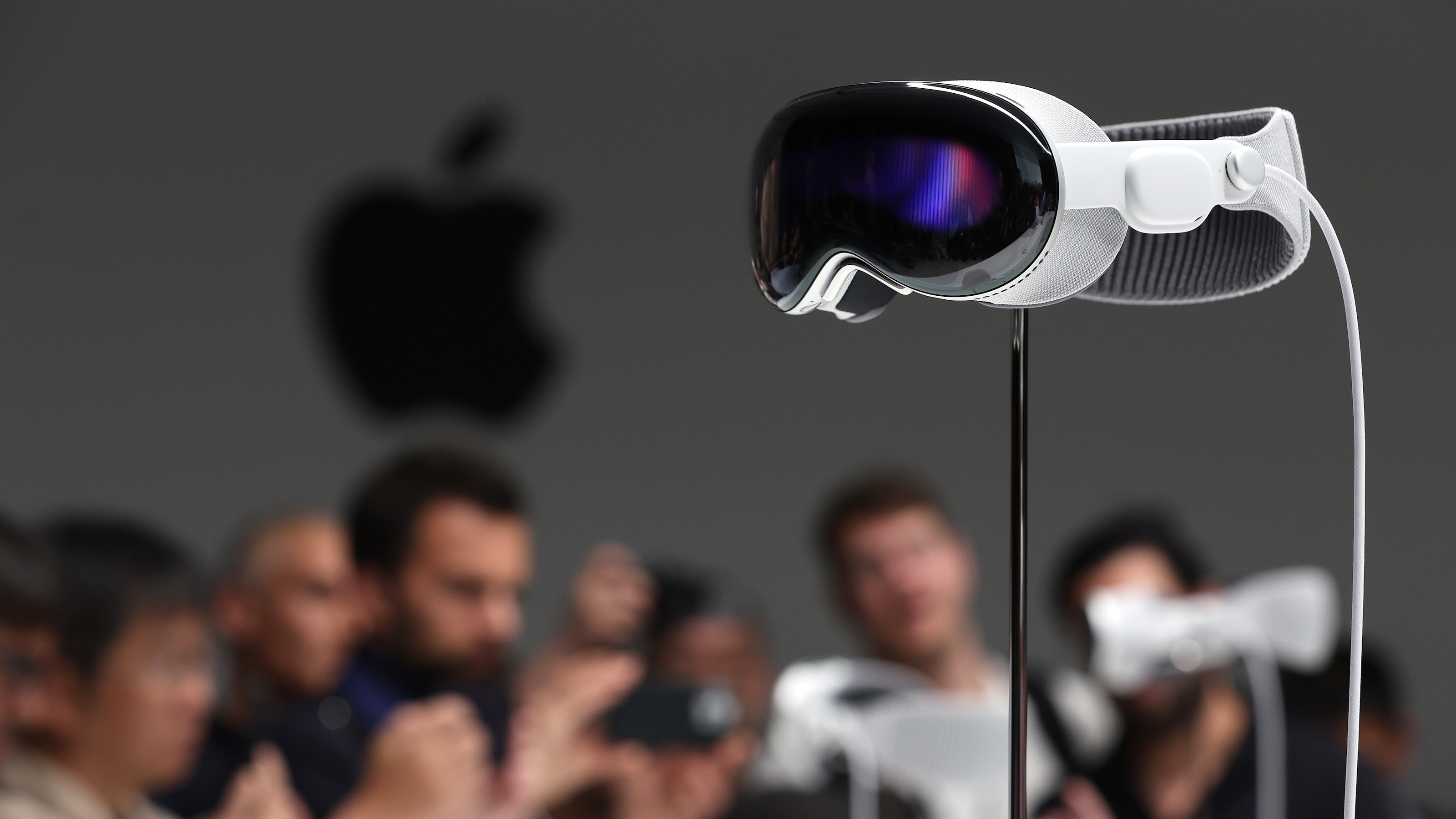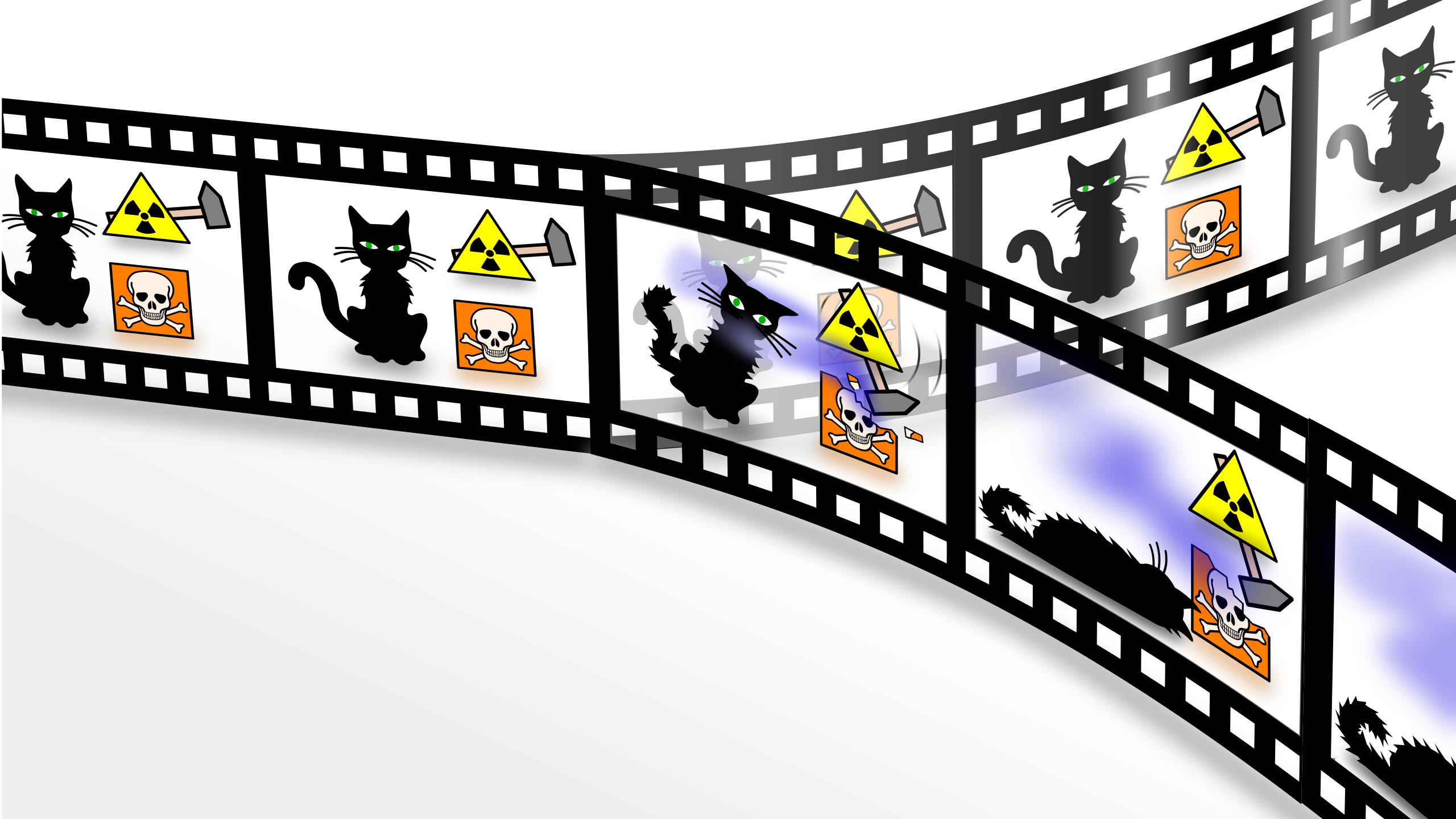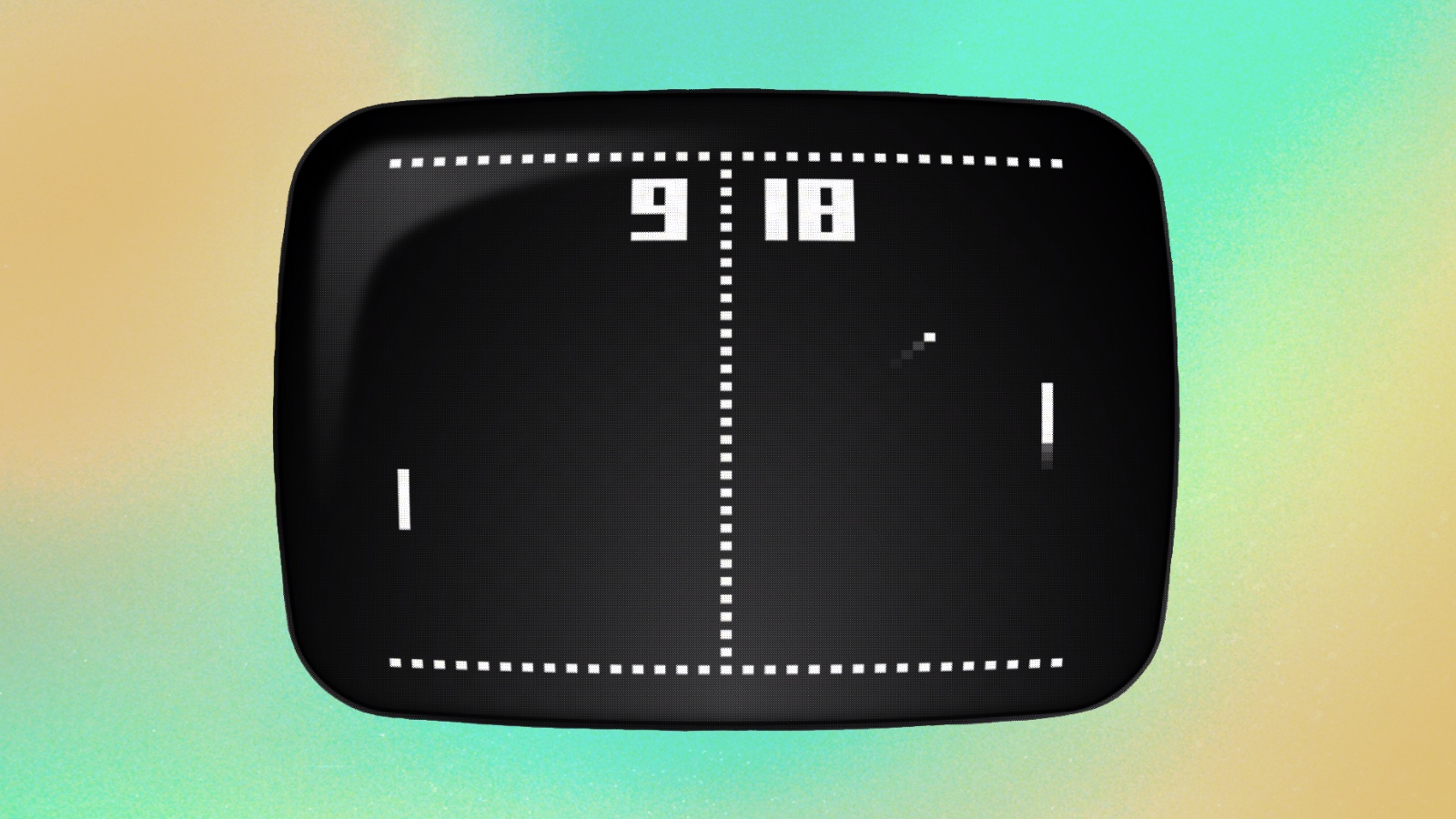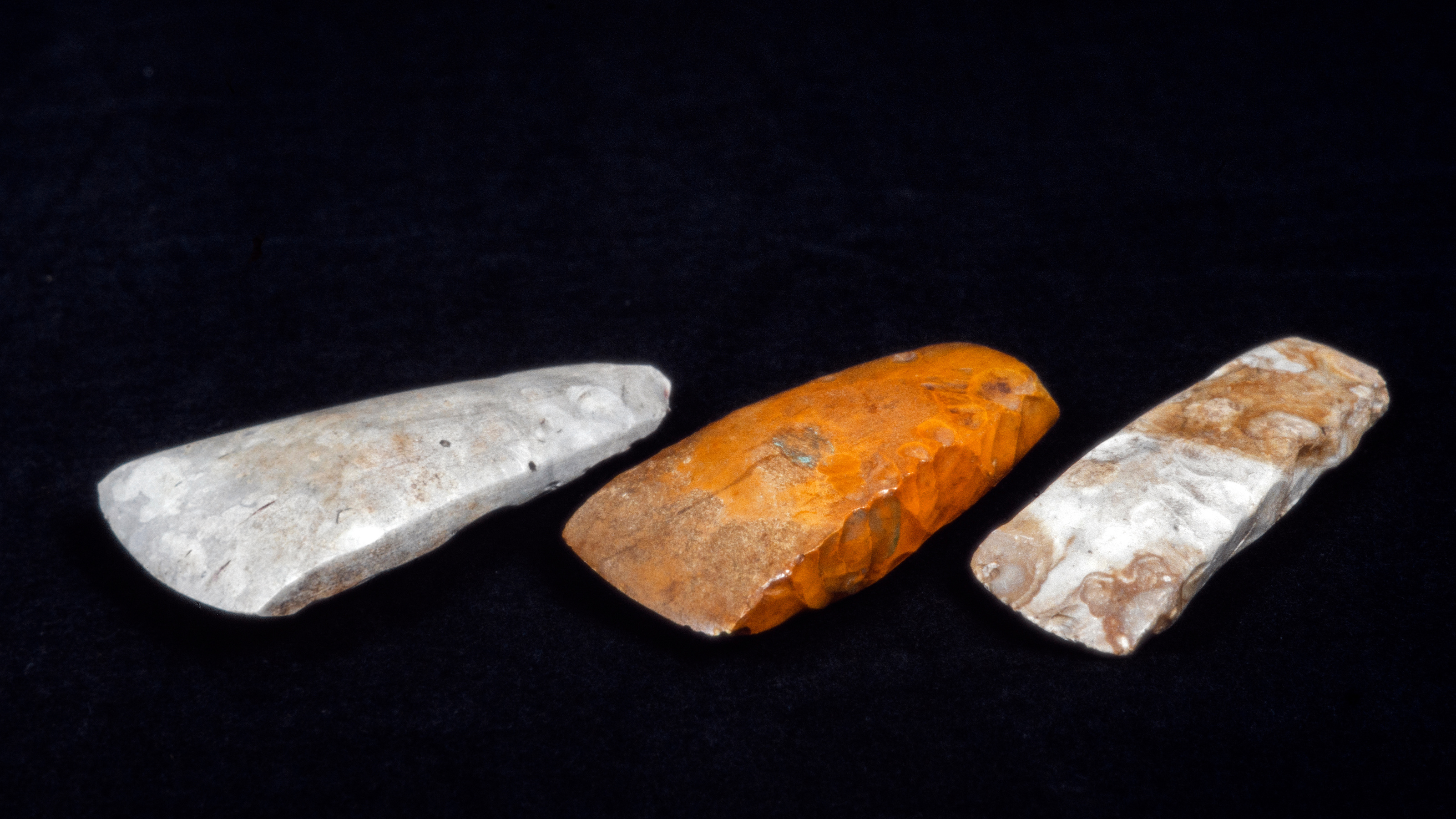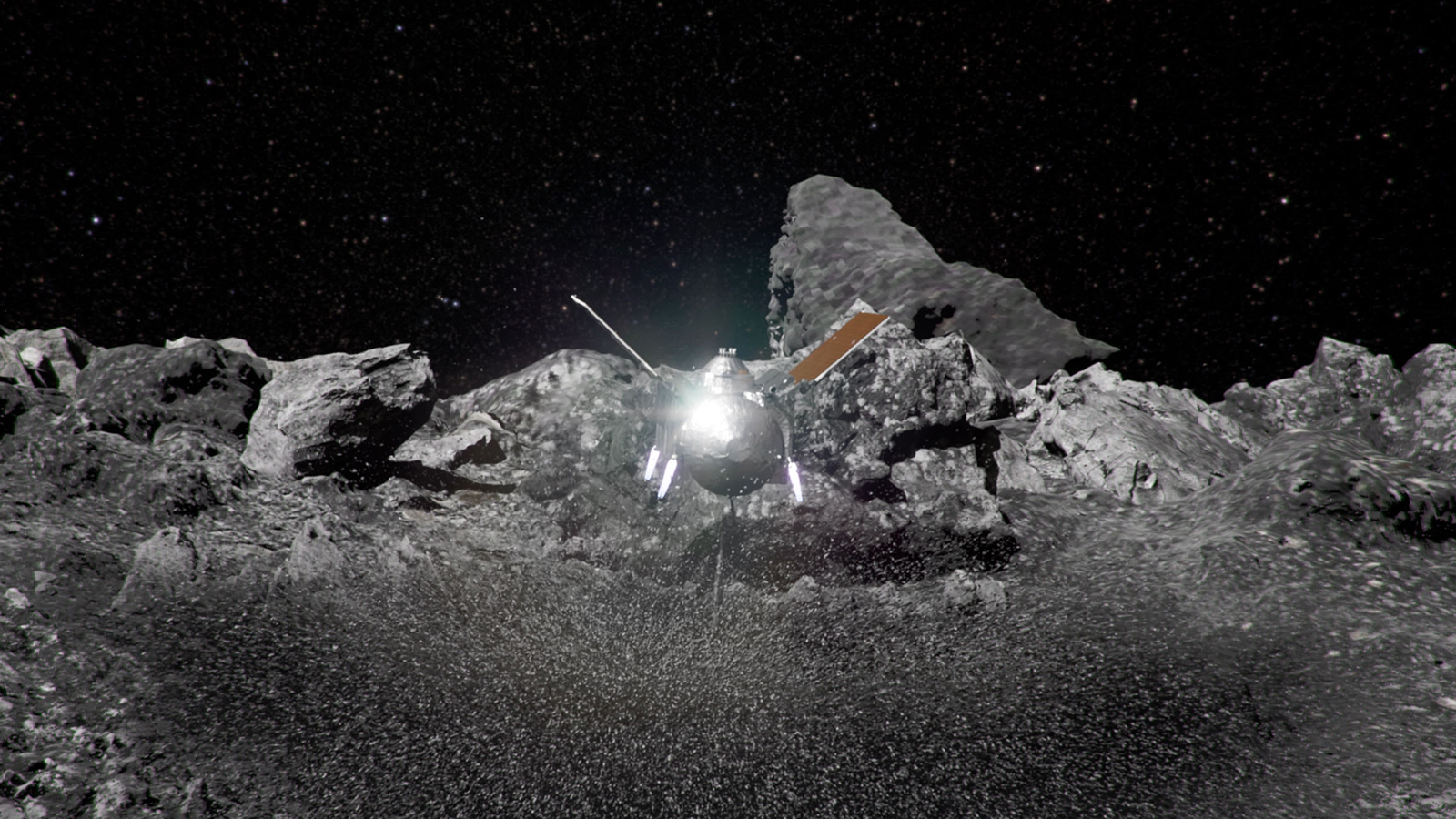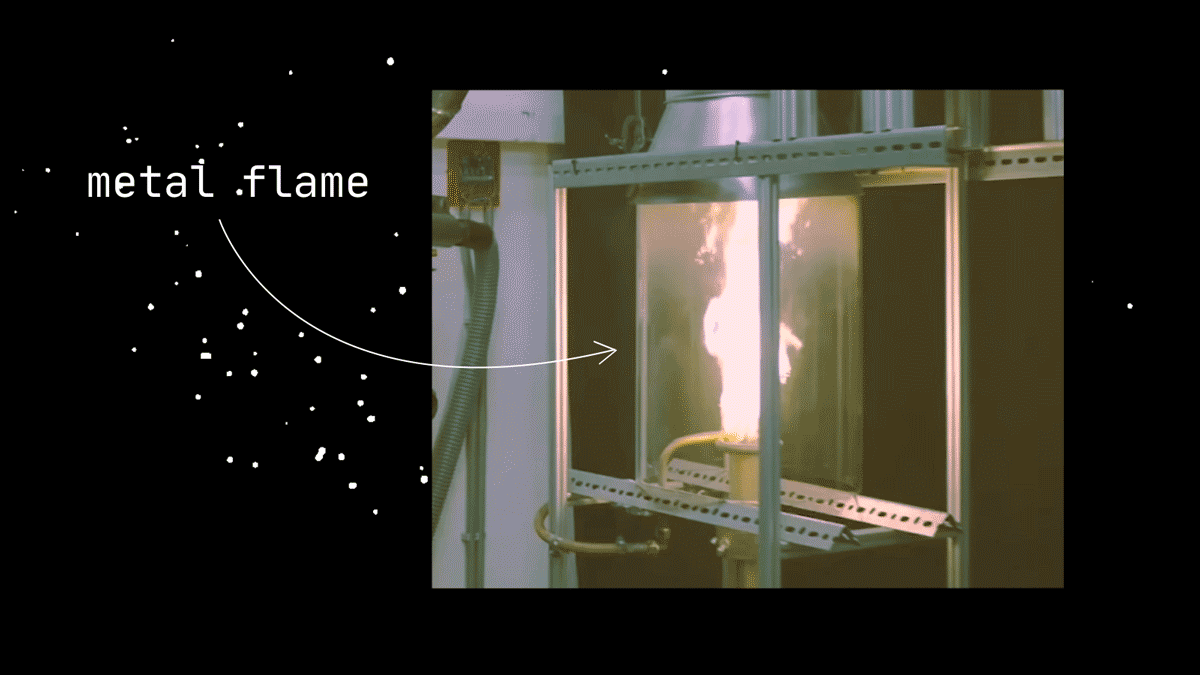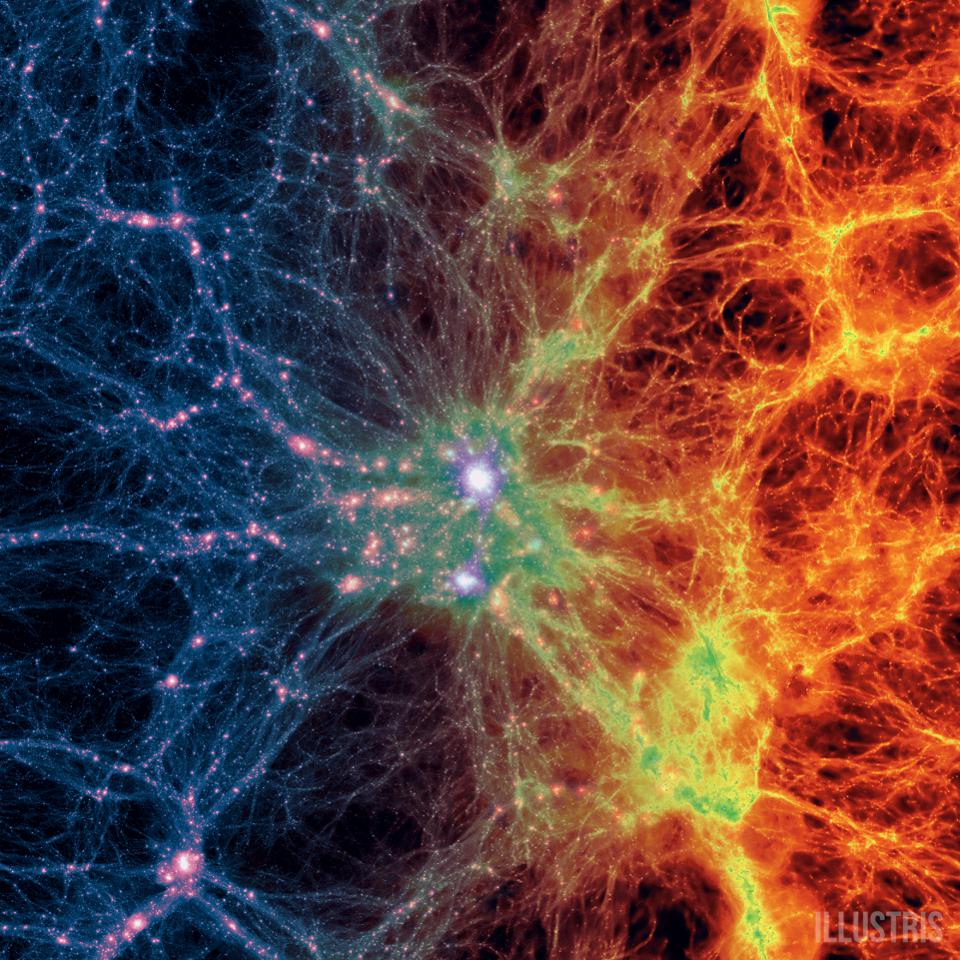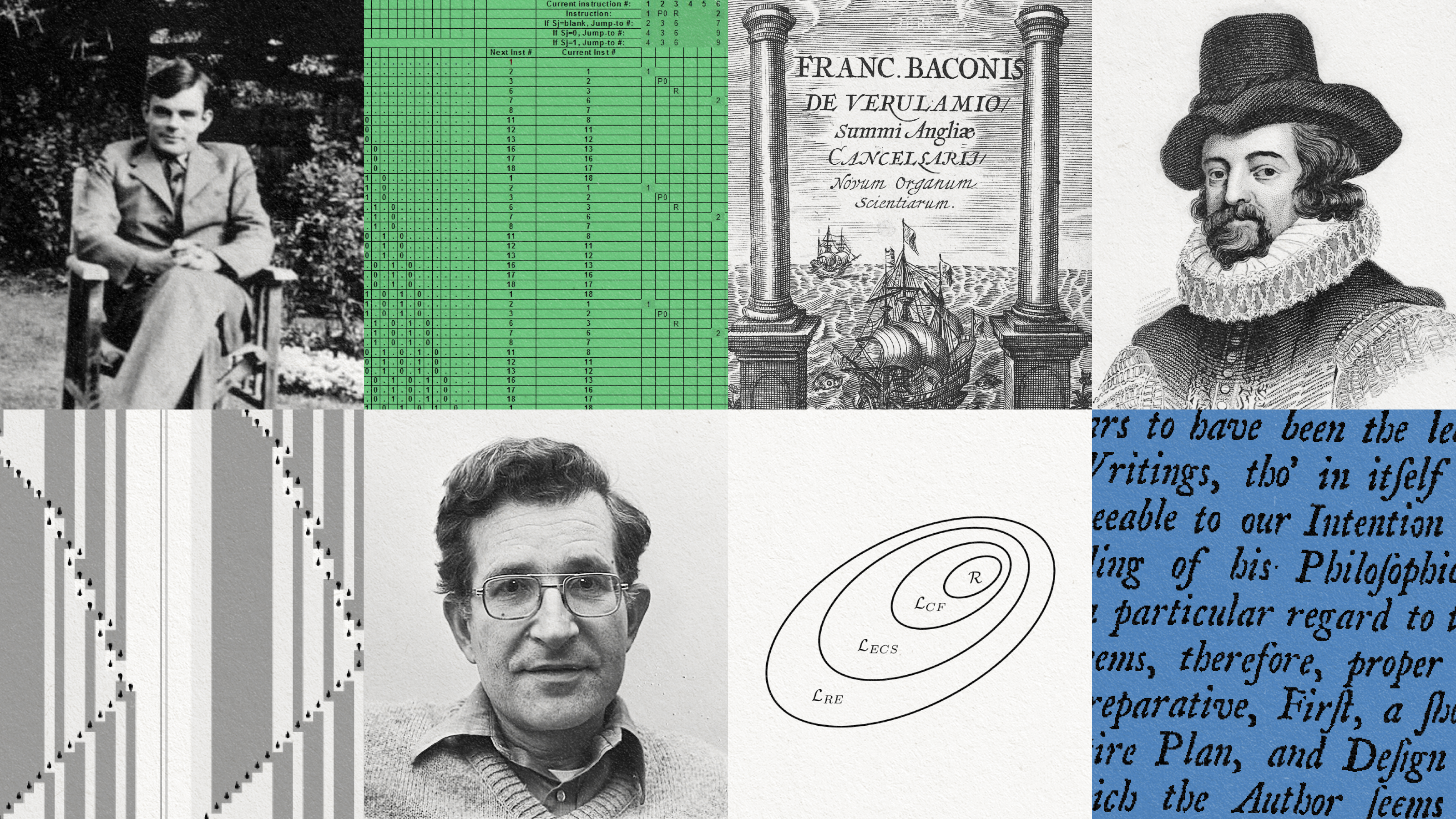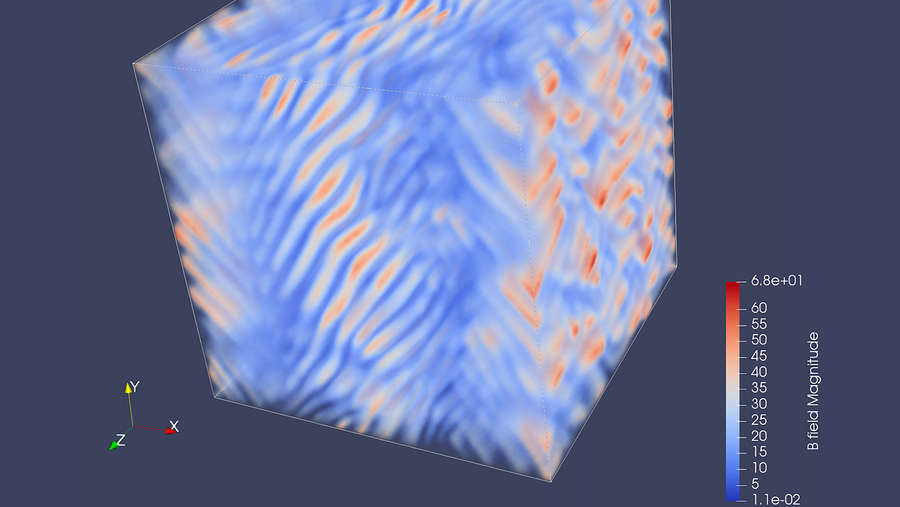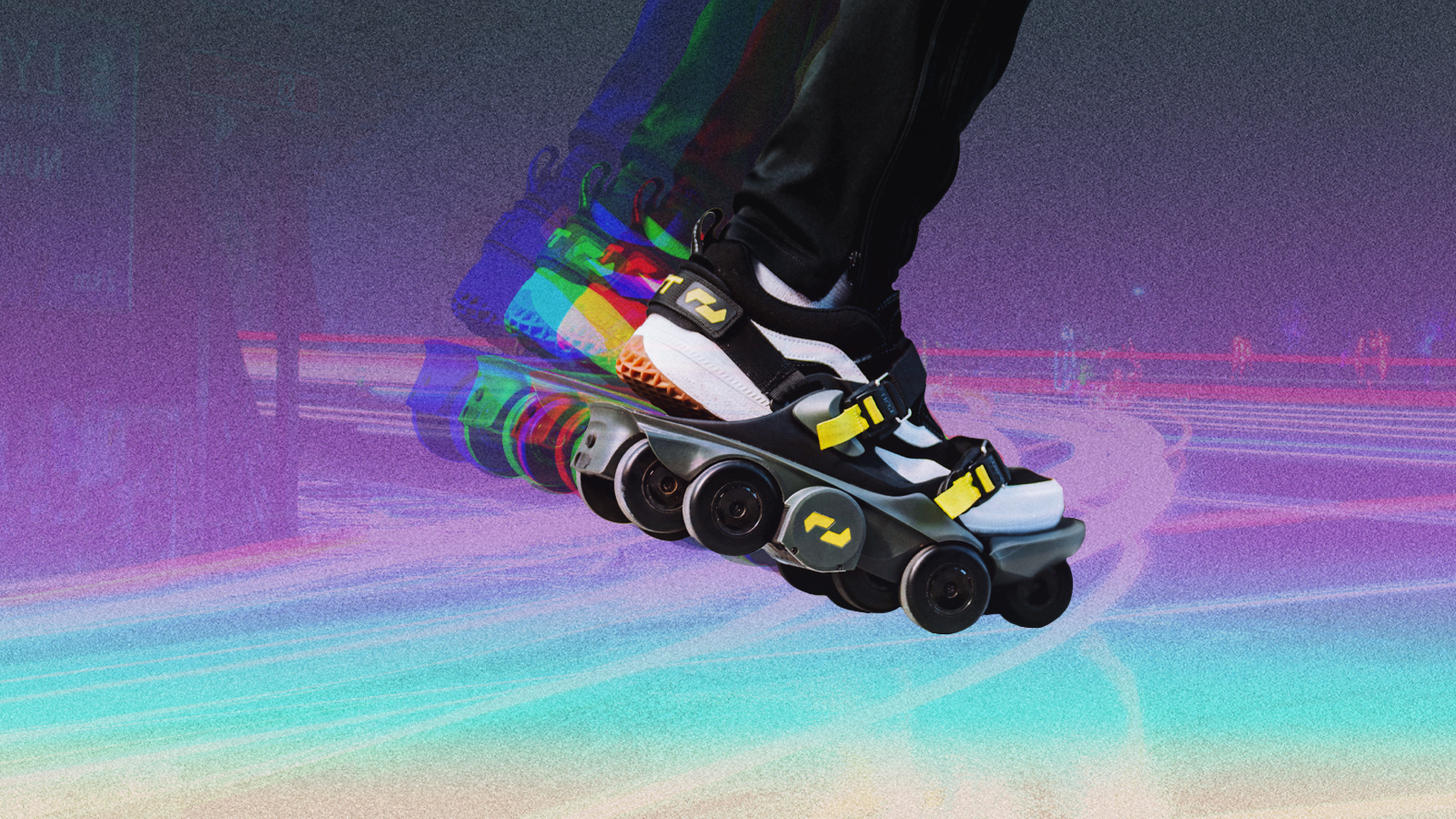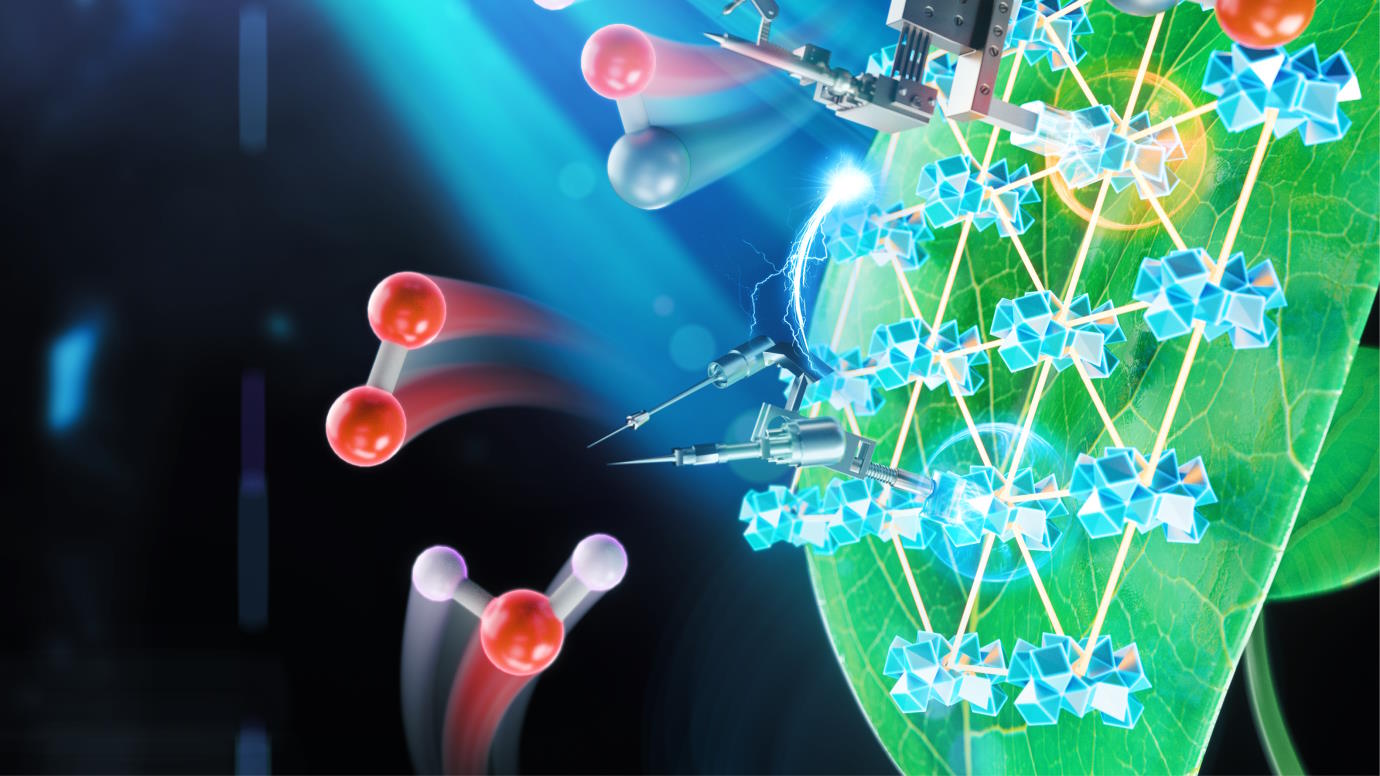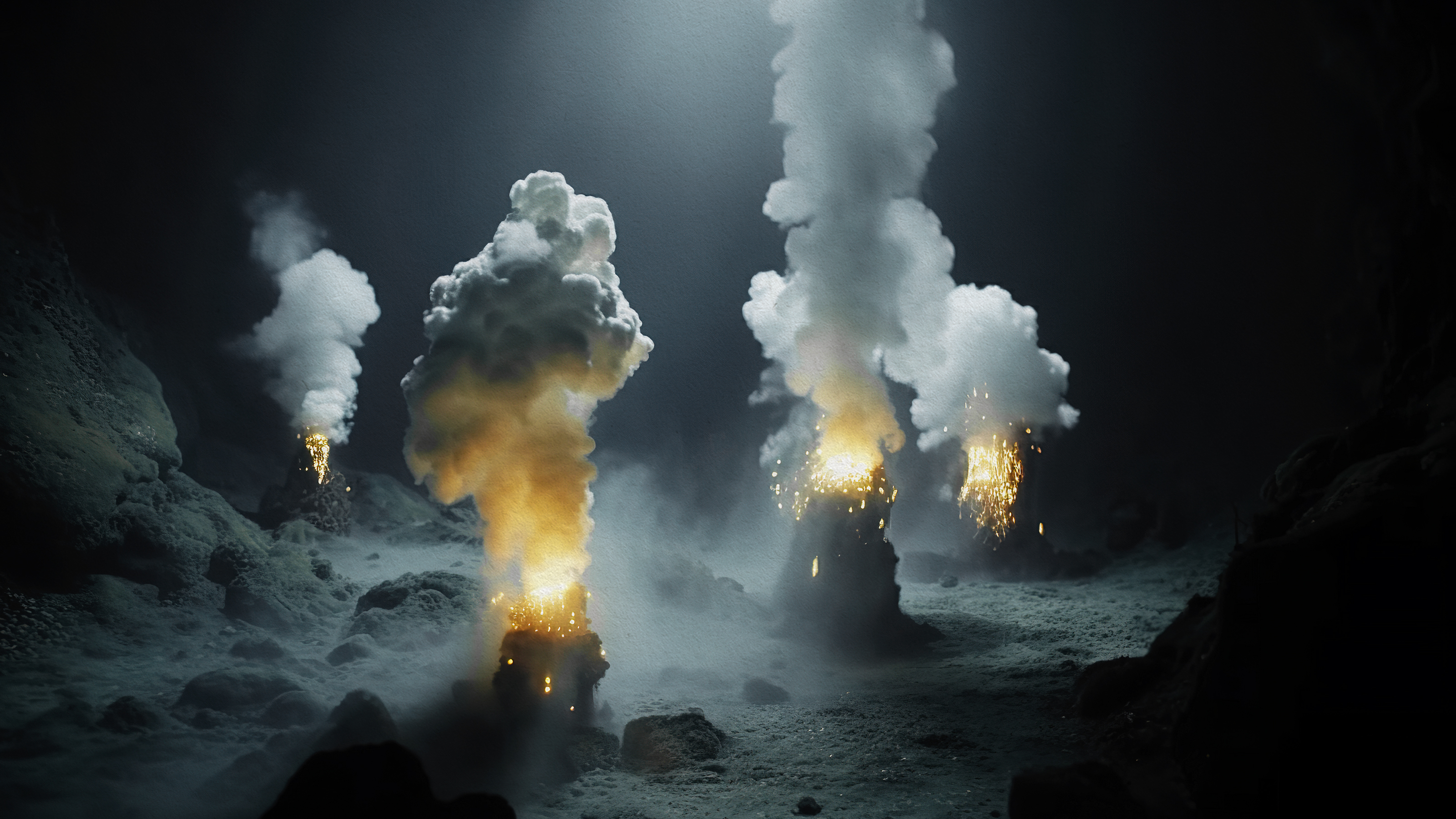Archaeologist Bernard Frischer spent decades uploading the ruins of the Eternal City to the cloud. Here’s what it looks like.
Search Results
You searched for: simulation
BMW found it’s possible to remote-drive vehicles using available technology. All it takes is some software updates and a cellular network connection.
Lost in a building or underwater? A new muon-based navigation system could be your guide.
One of Apple's key innovations serves as a psychological breakthrough, as its technology eliminates the isolating feel of headset use.
The hallucinations that characterize schizophrenia may be due to a "reality threshold" that is lower than it should be.
American students are being compelled to specialize earlier and earlier. Here's what it takes to build a successful physics foundation.
The researchers suggest that their results demonstrate intelligence in silico.
A wide-scale examination of early Neolithic human skeletons reveals the violent history of a supposedly peaceful period.
It's the best-known transcendental number of all-time, and March 14 (3/14 in many countries) is the perfect time to celebrate Pi (π) Day!
Shooting star or piece of space dust?
Artificial general intelligence will not arise in systems that only passively receive data. They need to be able to act back on the world.
The surface of asteroid Bennu is more like a plastic ball pit than the Moon.
Scenario-based learning makes employees active participants in their own learning process, better preparing them for the real issues they may face at work.
Experiments on suborbital rockets are revealing how to make a better iron furnace.
Virtual instructor-led training is easily scalable and convenient for remote learners. Here's how to orchestrate it effectively.
Wind farms seem less productive when scientists incorporate more realistic atmospheric models into their output predictions.
Our state of extreme social interconnectedness has rapidly accelerated the rollercoaster pace at which societal confidence may collapse.
If dark matter exists in a large halo in our galaxy, made up of particles, then it's passing through us constantly. But how much?
Philosophy is often seen as little more than armchair speculation. This is a shame, as philosophy often has helped science reach new heights.
Where did the “seed” magnetic field come from in the first place?
They cost $1,400 and will make you feel like you’re always on a moving sidewalk.
Twin Health lets patients with diabetes see what’s happening inside their own body and can model each patient’s unique metabolism.
What happens when simulation theory becomes more than a fascinating thought experiment?
Is Eliezer Yudkowsky the same false prophet that Paul Ehrlich was?
All biological systems are wildly disordered. Yet somehow, that disorder enables plant photosynthesis to be nearly 100% efficient.
In the largest star-forming region close to Earth, JWST found hundreds of planetary-mass objects. How do these free-floating planets form?
Origin of life studies have always focused on a set of strict environments that could give rise to life. Ante-life opens new possibilities.
A new model addresses a longstanding problem: where do quasars get the fuel they need to outshine entire galaxies?

